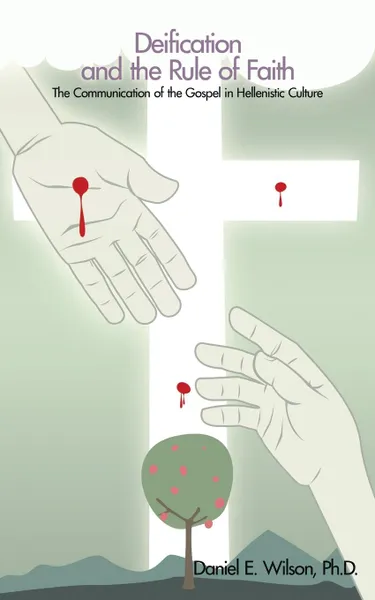Deification and the Rule of Faith. The Communication of the Gospel in Hellenistic Culture 12+
📖 Evangelicals are often surprised or maybe even shocked whenever they encounter the early Church Fathers' description of salvation in terms of deification, divinization, or apotheosis. It was Athanasius, the black dwarf, the champion of Nicene orthodoxy, who coined the phrase in his On the Incarnation, "God became man that man might become god." Hundreds of years before Athanasius, Irenaeus, disciple of Polycarp, disciple of the Apostle John, wrote of Christ's salvific provision for humanity using similar deification type concepts. Why did these Church Fathers use such seemingly foreign biblical concepts? Could it be that influential theologian, Adolf Harnack, is right and these church Fathers' implementation of deification reveal that the gospel changed from what Jesus originally intended after being exposed to Hellenistic culture? Not at all, at least, that is what this work argues. It does so, first, by comparing an overall understanding of deification in both Athanasius' and Irenaeus' respective writings. This section encompasses the first three chapters, which exhibit how the Fathers' use of deification is immersed in their respective descriptions of salvation history, the Trinity, and Christology. Further, this work assesses Harnack's proposal by comparing the Fathers' respective descriptions of deification with that of many Greek and Roman philosophers. Finally, this work seeks to propose that both Irenaeus and Athanasius contextu...
Мнения
